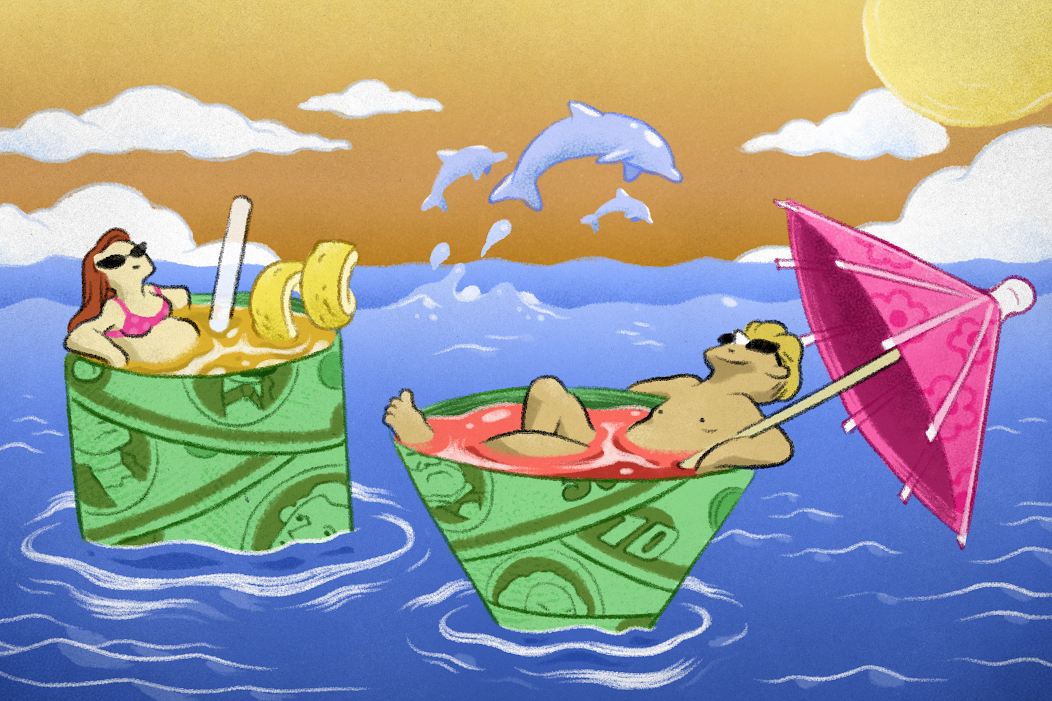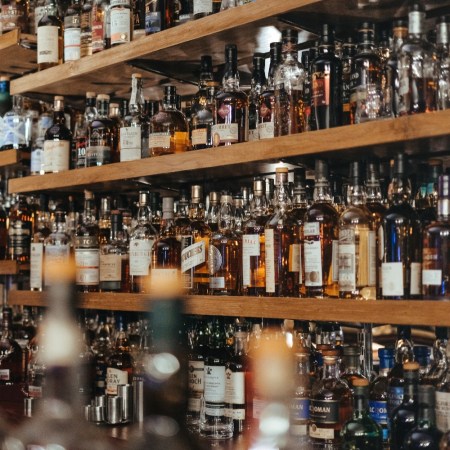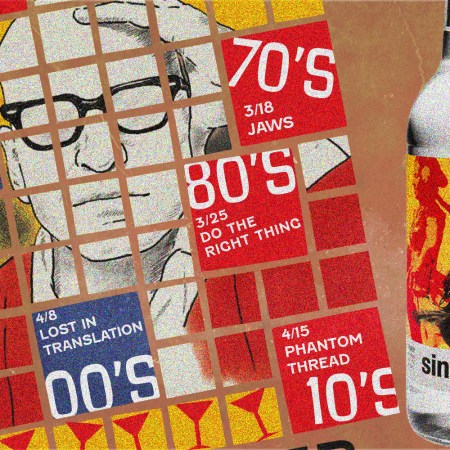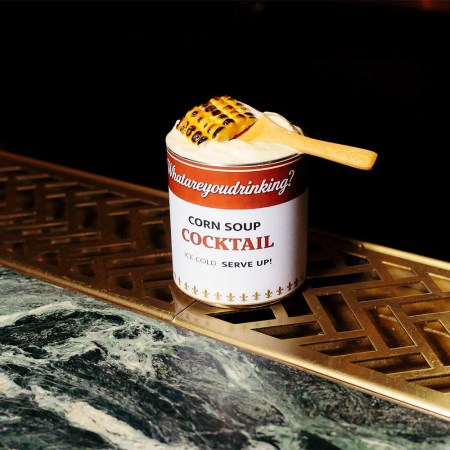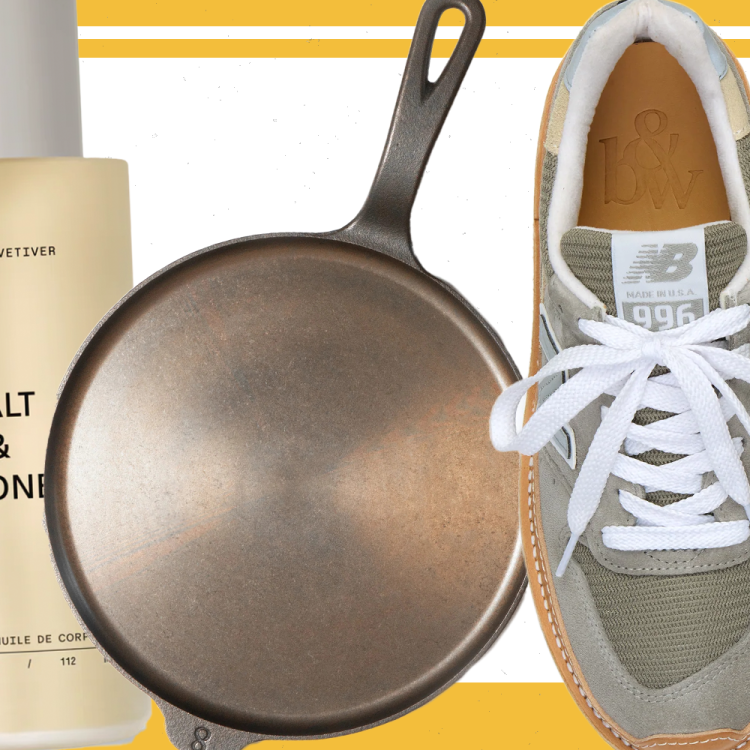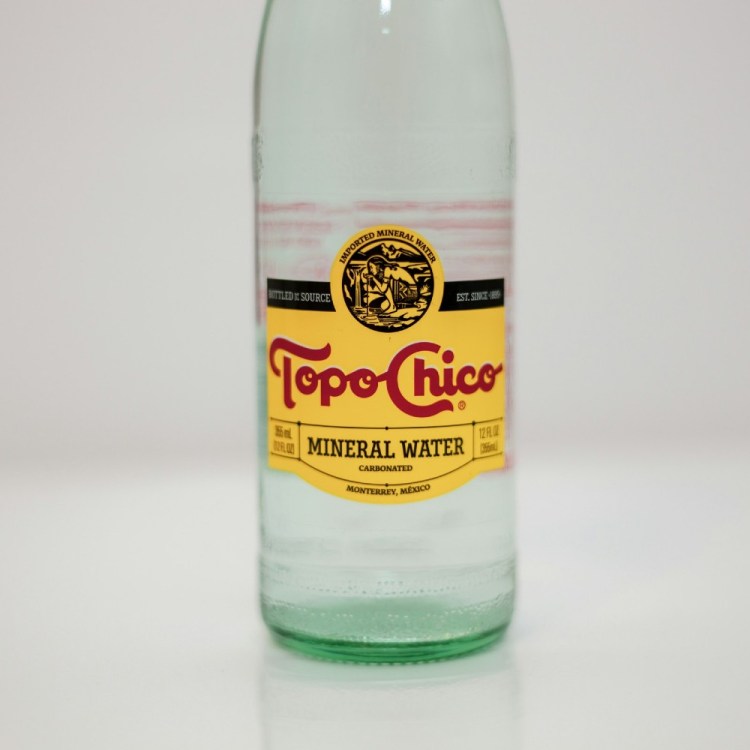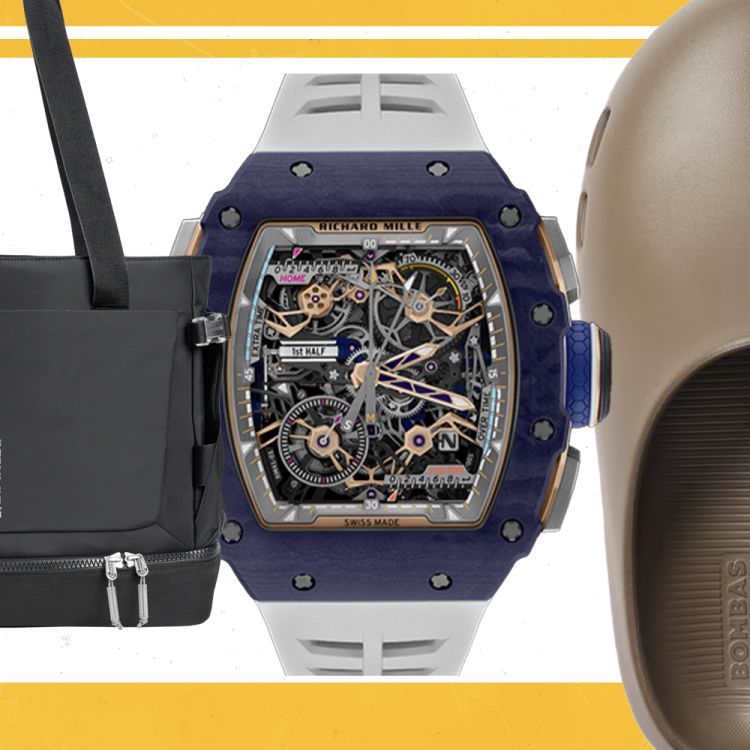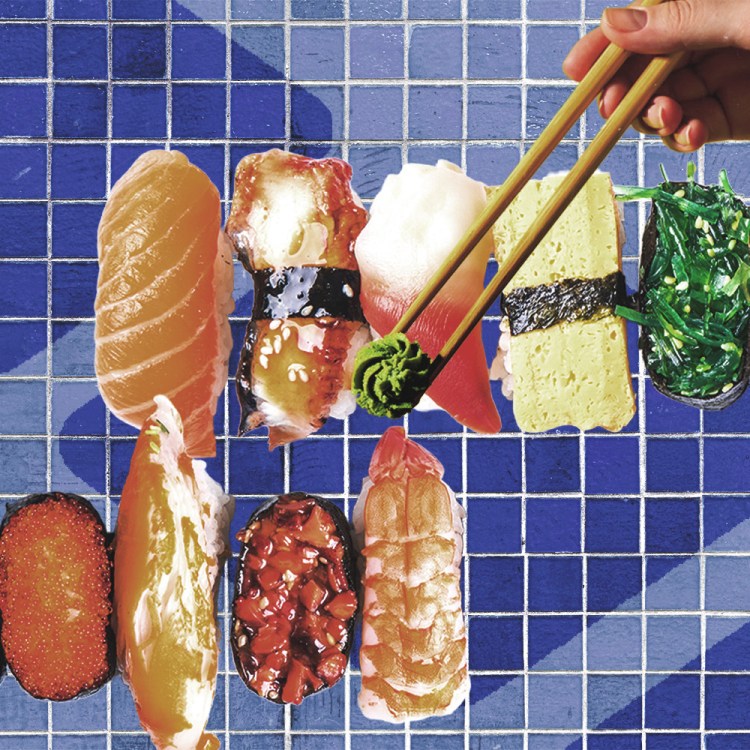“All-inclusive.”
For the drinker, could there be a better word in the English language? And, while it seems like a fairly modern invention, the idea of “all-inclusive” resorts (i.e. where the bar is always open and the drinks are always free), dates back to at least the 1950s. The concept would quickly spread throughout the Caribbean (starting at adults-only resorts), and then onto cruise ships, eventually becoming a draw for middle- (and lower-) class travelers looking for thrifty vacations where they could always stay well-sloshed.
Of course, after the thrill of “free” wore off, it was hard to stay excited for these all-inclusive drinks — buckets of skunky Coronas, hastily-made Rum Runners — that tasted so damn bad. And, that was one of the reasons so many all-inclusives have historically rarely got repeat visitors. But, in this millennial foodie era, does all-inclusive still remain bottom-of-the-barrel drinking, or are resorts finally aiming a little higher?
Club Med is generally credited with having started the all-inclusive concept when it first opened on the northern tip of Mallorca, one of Spain’s Balearic Islands in the spring of 1950 — but back then it was “all-inclusive” more in a kibbutz-like sense. Like a proto-Fyre Festival, Gérard Blitz’s non-profit Club Mediterranée offered no running water, electricity, or even private rooms — forget never-ending Modelo and yards of frozen daiquiris. This was post-war Europe, baby! Nonetheless, it was still wildly popular, with more than 10,000 potential guests turned away that first summer.
By the time other Club Mediterranée villages had been set up across the Mediterranean — with even a ski resort appearing by 1956 in Leysin in the Swiss Alps — amenities were improving. There were now unlimited buffets and guests could acquire French wine at the bar hut in exchange for beads they plucked from the “bar necklaces” they were issued instead of currency. It was still hardly ritzy; commune-living at its finest. People liked it that way. As a 1965 Paris Match article explained, “In these villages, money has no value. We are all billionaires! We live in a perfectly socialist economy, where everything is free for everyone.”
Unfortunately, even for socialists, there’s no such thing as a free lunch. By 1957 Club Med would be incorporated and shares would start trading on the Paris Stock Exchange. In 1961 the Rothschild Group (yes, those Rothschilds), became the largest shareholders. If the 1970s at Club Med was all about hedonism — copious amounts of eating, drinking and, uh, copulation and who cares about the quality when there’s so much quantity — as the Baby Boomers became parents, the resort became more of a family-friendly place. Three free buffet meals a day with unlimited wine was suddenly good enough. Copycats would eventually follow this highly-lucrative model.
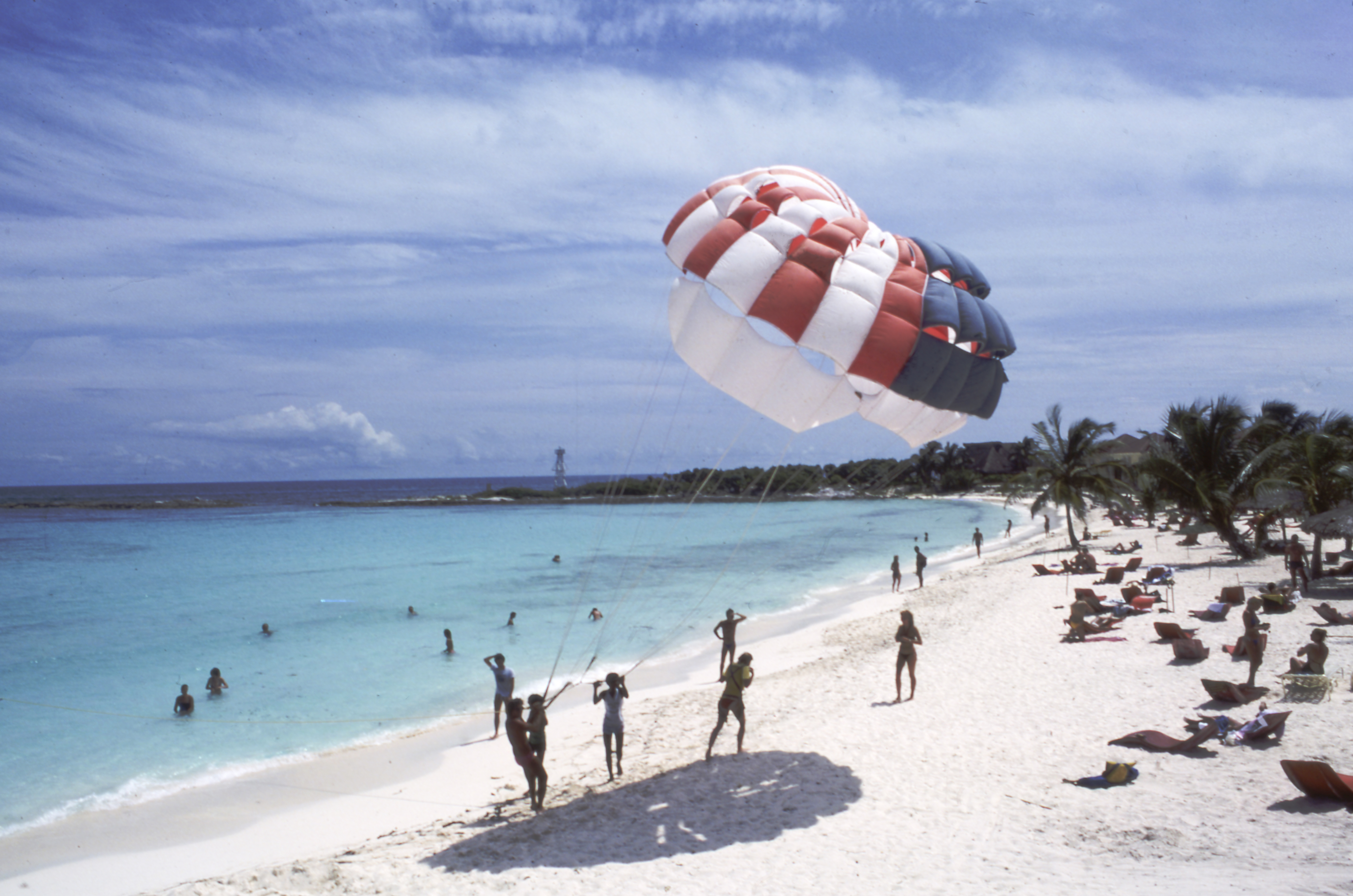
“I’m sure when we started out it was mostly boxed wine being poured,” jokes Debbie-Anne White, senior vice president of public relations & promotions with Sandal Resorts. Sandals was one of Club Med’s first imitators, going all-inclusive upon opening in Montego Bay, Jamaica in 1981. Yes, even as Sandals and numerous other Caribbean and Mexican resorts became massive successes on the backs of their all-inclusive concept, it became a stereotype that the drinks at all-inclusive resorts kinda suck — too weak, too bottom-shelf, too hangover-inducing.
You can find countless threads on forums like TripAdviser and Reddit with users asking questions like “Do they really water down their alcohol?” “Is the alcohol legit at all inclusive resorts?” asks another. Some speculate all-inclusive resorts garnered a reputation for shitty drinking because Caribbean booze is lower-proof than that found in America. Or, could it be that the hot sun melts the ice quicker and dilutes your drink more than you expect? Reasons another woman: “I would assume some of it is for safety reasons. Nobody wants drunk people running around the pool slipping and hitting their head.”
The fact is, Caribbean booze isn’t lower-proof, nor are all-inclusive resorts watering it down. It’s simply that, for the longest time all-inclusive resorts have had to do what economists call “rationing supply.” In a normal market, that could mean offering less, or charging more, but without the ability to do either, the market had to be adjusted in a different way.
“Rationing can also be achieved by decreasing the quality of spirits,” writes economist Hal Singer. “Put bluntly, this entails cheating their guests. Stock the crummiest wine possible: Call one ‘white’ and the other ‘red.’” He notes that the last time he stayed at an all-inclusive back in 2017, the only beer available was Presidente and his bartender didn’t even know what to do when he ordered an Old-Fashioned.
“When mediocre, resort-owned restaurants and bars are not allowed to charge a price due to the all-inclusive bundle, the problem of vertical integration in the absence of synergies is exacerbated,” Singer adds. “Now the interests of the resort and the guests are almost perfectly in conflict—the resort’s new profit objective is to minimize expenditure on food and drink given their zero incremental contribution to margin. And the guests can’t buy their way out of the predicament.”
Thankfully, things are starting to change a bit due to, yes, the economy. If all-inclusive resorts struggled in the 1990s and quite a bit more post-2008 recession, today they are back in a big way as customers have begun looking for good value vacations in this “nickle-and-dime-ya” era. Of course, this century’s rise of craft beer, luxury spirits and bespoke cocktails have also created customers that demand a whole lot more — all-inclusives seem willing to play ball. At least…somewhat.
“We’ve identified a specific sector of our clientele that has evolved from just ordering drinks at the main bar to seeking a more bespoke — and educational — experience for special occasions,” explains Sabrina Cendral, vice president of marketing and digital at Club Med. They’ve realized that if the all-inclusive model makes them inherently unable to let customers buy their way into better quality alcohol, maybe they can permanently provide better quality drinking locations.
Place, also, plays a part in the modern all-inclusive experience. Whereas regionality used to not play a part in each individual resort’s planning and presentation — you could get a Pacifico in Cancun or Punta Cana — now Club Med is focusing on what they call an “immersive experience” with “elevated beverage” and “bespoke tastings.” Eliminating the marketingspeak, that mostly means hooch you’d actually expect from the country you’re in.
At their Cancun Yucatan there is “La Bodega,” an adults-only bar offering Mexican wines, tequilas, and mezcals from a team that actually knows about the products. While at Club Med Punta Cana, there’s “La Cave,” offering a wide range of local rums and spirits that pair with the country’s fine cigars.
Meanwhile, Sandals has looked to upgrade “all-inclusive” drinking by starting with the lingo itself — they now call their program “luxury included®️,” a clear nod to what they believe are their elevated offerings. (White claims other “all-inclusive” resorts have filched the terminology themselves, though a quick Google search ties that unique phrase only back to Sandals or their sister Beaches Resorts.)
“I expected there to be nothing but pina coladas and strawberry daiquiris available when I first arrived,” claims Troy King. He’s been with Sandals for nearly a decade and is currently their group manager of bar & beverage operations. “Instead, today’s [customers] are not only asking for, but they’re expecting Negronis and Old-Fashioneds.”
He tells me he’s likewise shocked by the quality of spirits and wine that has recently started being offered, specifically citing single malt scotches like Glenlivet and Glenfiddich as well as Rémy Martin VSOP Cognac, which are now available at literally every single bar across the entire Sandals chain. King notes that Sandals has become especially huge on wine culture, offering six different Robert Mondavi wines specially bottled for them, something atypical from their competitors, who King gently mocks.
“You go into a lot of other all-inclusives and ask what wine they have, ‘Well, we got a red and a white,’” explains King. “Is there any Chardonnay? Any Pinot grigio? They go in the back to pour you something — they don’t want you to see you the bottle it came out of.”
Admittedly, you aren’t going to find, say, uber-luxury bottlings like Pappy Van Winkle or Louis Treize at Sandals or any other all-inclusive resorts and, to be fair, it’s not exactly easy to get that stuff imported into, say, Montego Bay. Still, their offerings are quite an improvement from the plastic-bottled well spirits that used to be endemic of all-inclusives.
Sandals too is trying to improve the actual places where you can get smashed. While their drink offerings remain fairly consistent across the portfolio, whether in Jamaica or St. Lucia, the bars within each resort have greatly improved. Sandals essentially invented the swim-up pool bar in 1985, and today they are trying to create something more iconic than even those.
“You spend the day at the beach, you go out for the night, have a great meal, catch a show and then what?” asks King. “We realized something was missing.”
They have thus rolled out what they call “destination” bars. Like the Barbados-based SKY Bar which offers signature cocktails made using house-infused spirits and “Caribbean ingredients.” While admittedly more ambitious than a rum punch, the drinks are still a little bit too much “chain-restaurant-tries-to-cash-in-on-hip-cocktail-trend”—like the Smoked Pineapple Margarita, made with Jose Cuervo, Cointreau, pineapple juice, lime juice and Sprite, topped with Jack Daniels’-scented smoke.
Sandals is particularly proud of the newest bar at their Ochi Beach Club in Jamaica which has what they claim is the Caribbean’s first speakeasy (and that fact is undoubtedly true as the Caribbean never actually faced any sort of Prohibition). The 1920s-style, password-required The Rabbit Hole has a “unique ice program” according to King, and offers a solid selection of “old-fashioned” cocktails like the French 75 and a Manhattan made using Knob Creek bourbon.
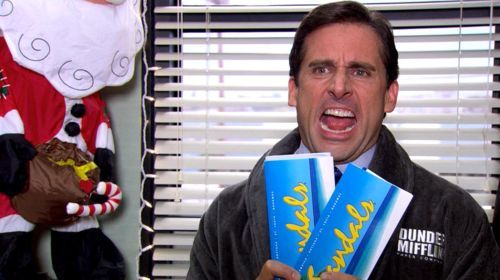
Still, these are mostly cocktails for the kinds of people that probably haven’t spent a lot of time drinking at Dante or Trick Dog or other world class watering holes. And the ice isn’t exactly the crystal clear, geometrically flawless cubes served at places like Manhattan’s Existing Conditions or some highfalutin cocktail den in Tokyo. Then again, most all-inclusive resort drinkers probably also aren’t as snobby as a guy like me.
Just remember it could always be worse. Like last year at certain Mexican all-inclusive resorts where the tequila was being replaced with bootleg booze containing dangerous levels of methanol which caused blackouts in unsuspecting drinkers. Or, the continual raft of unexpected deaths occurring this summer at a flurry of all-inclusive resorts throughout the Dominican Republic.
But, really, you’re on a beach, and it’s beautiful outside, and you’re not at work. Do you really need the most pretentious, esoteric cocktail in the world? As long as it’s pretty tasty, somewhat boozy and totally free, well, isn’t that good enough? Isn’t that why all-inclusives became big business in the first place? As White puts it:
“We want to make sure that your room is nicer than the house you live in. And that the beverages are better than what you typically drink there.”
And, unless you live on a beach with a full-time staff…they almost certainly are.
Every Thursday, our resident experts see to it that you’re up to date on the latest from the world of drinks. Trend reports, bottle reviews, cocktail recipes and more. Sign up for THE SPILL now.
